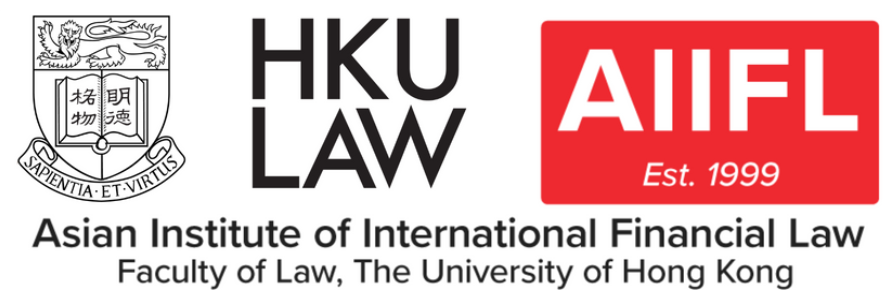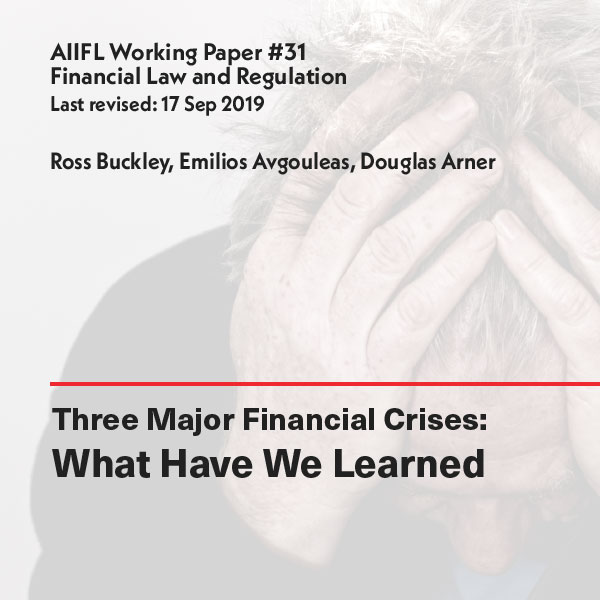10 years after Lehman: Looking Back, Looking Forward
Few predicted the Asian Financial Crisis of 1997-1998 or the Global Financial Crisis of 2008 and its close companion the Eurozone Debt Crisis of 2010, and we certainly do not pretend to be able to predict the next one. Yet history teaches there will be another crisis and probably sooner rather than later. Fragility that periodically erupts into a full blown financial crisis appears to be an integral feature of market-based financial systems in spite of the advent of sophisticated risk management tools and regulatory systems. If anything the increased frequency of modern crises since the collapse of the Bretton Woods international monetary system and the period of financial internationalization and globalization which has followed, underscores how difficult it is to prevent and deal with systemic risk.
In a new working paper, members of the AIIFL team compare and contrast major crises over the past two decades, both to distill the lessons to be learned, and to identify what more can be done to strengthen our financial systems:
Three Major Financial Crises: What Have We Learned
Ross P. Buckley, Emilios Avgouleas and Douglas W. Arner
Link to the paper: https://papers.ssrn.com/sol3/papers.cfm?abstract_id=3247455
At the same time, 10 years after the start of the Global Financial Crisis, technology is transforming finance more rapidly than ever before, bringing new risks but also bringing finance to hundreds of millions of people for the first time.
In a new report for the Alliance of Financial Inclusion (www.afi-global.org), AIIFL members consider these issues and detail a strategy for the development of transformative digital financial ecosystems in the coming decade:
Fintech for Financial
Inclusion: A Framework for Digital Financial Transformation – A Report
to the Alliance for Financial Inclusion (AFI)
Douglas W. Arner, Ross P. Buckley and Dirk A. Zetzsche
Link to the paper: https://papers.ssrn.com/sol3/papers.cfm?abstract_id=3245287


